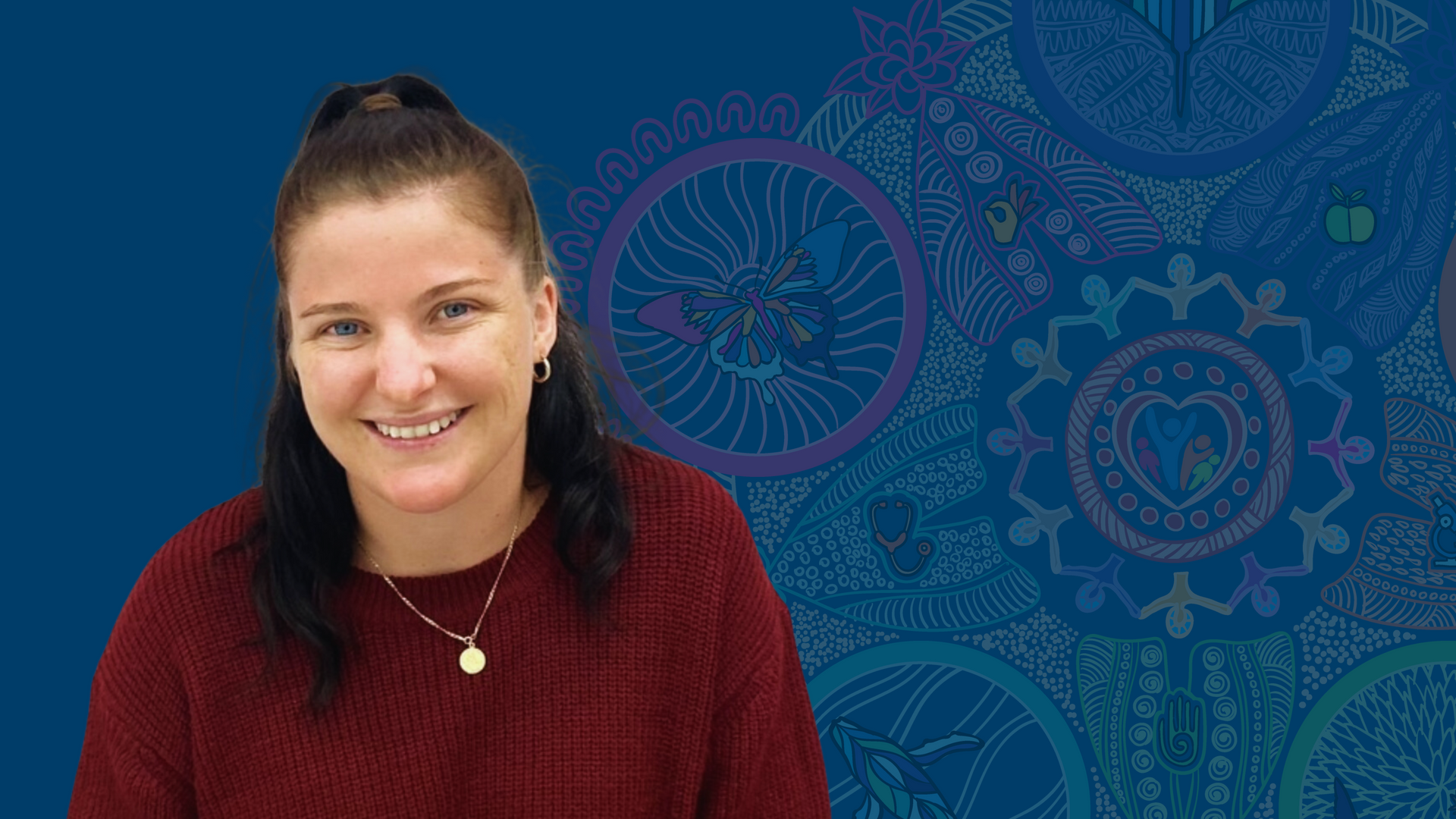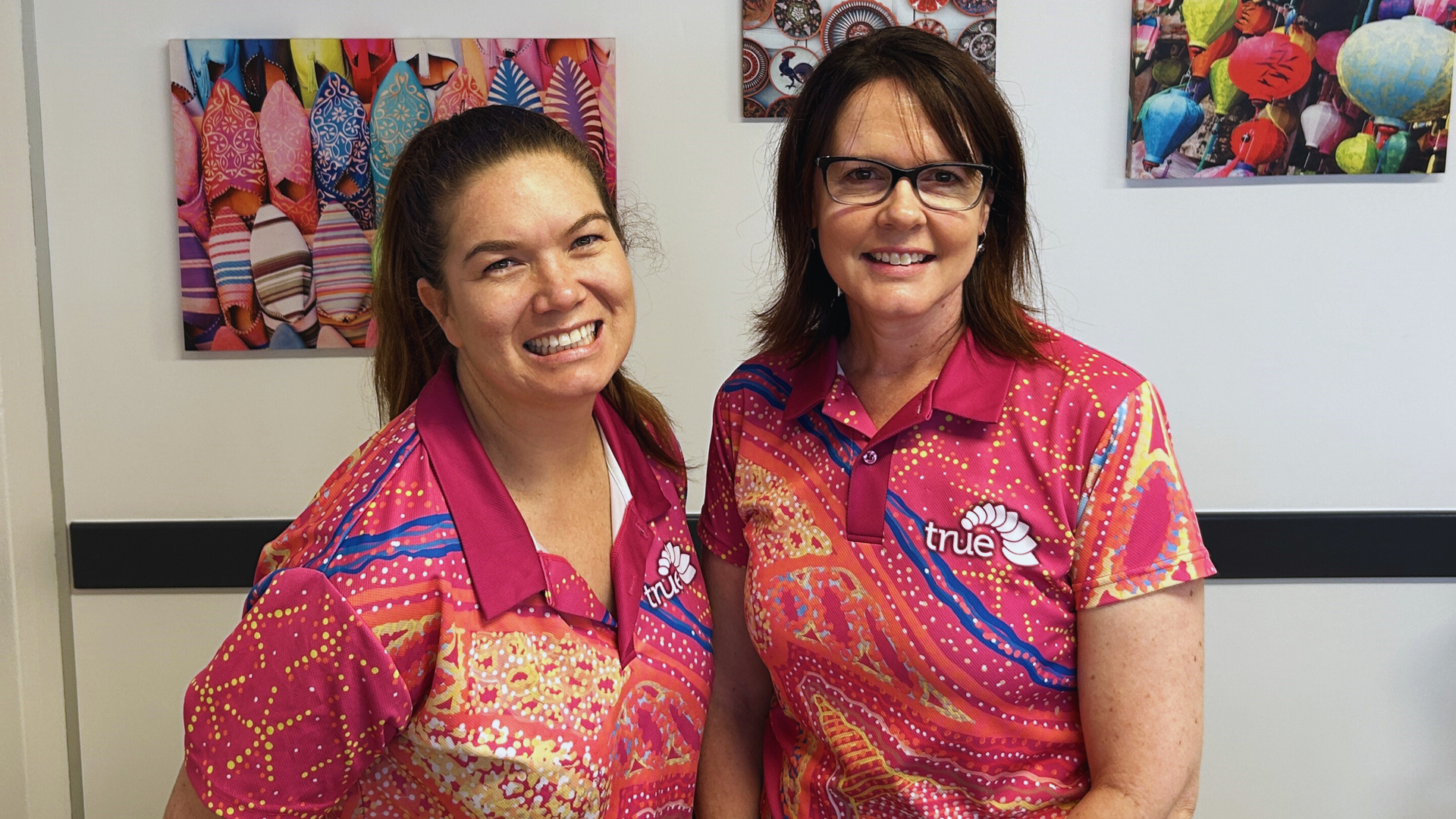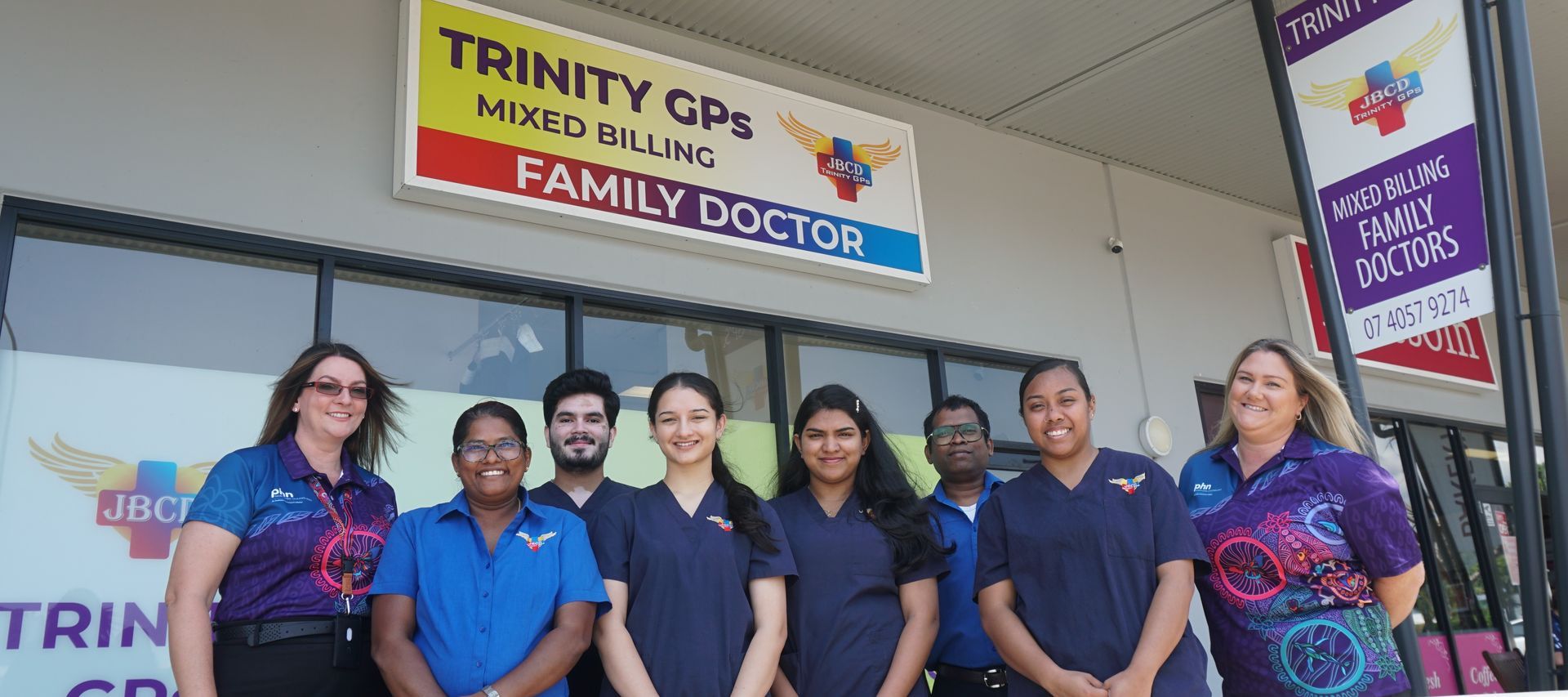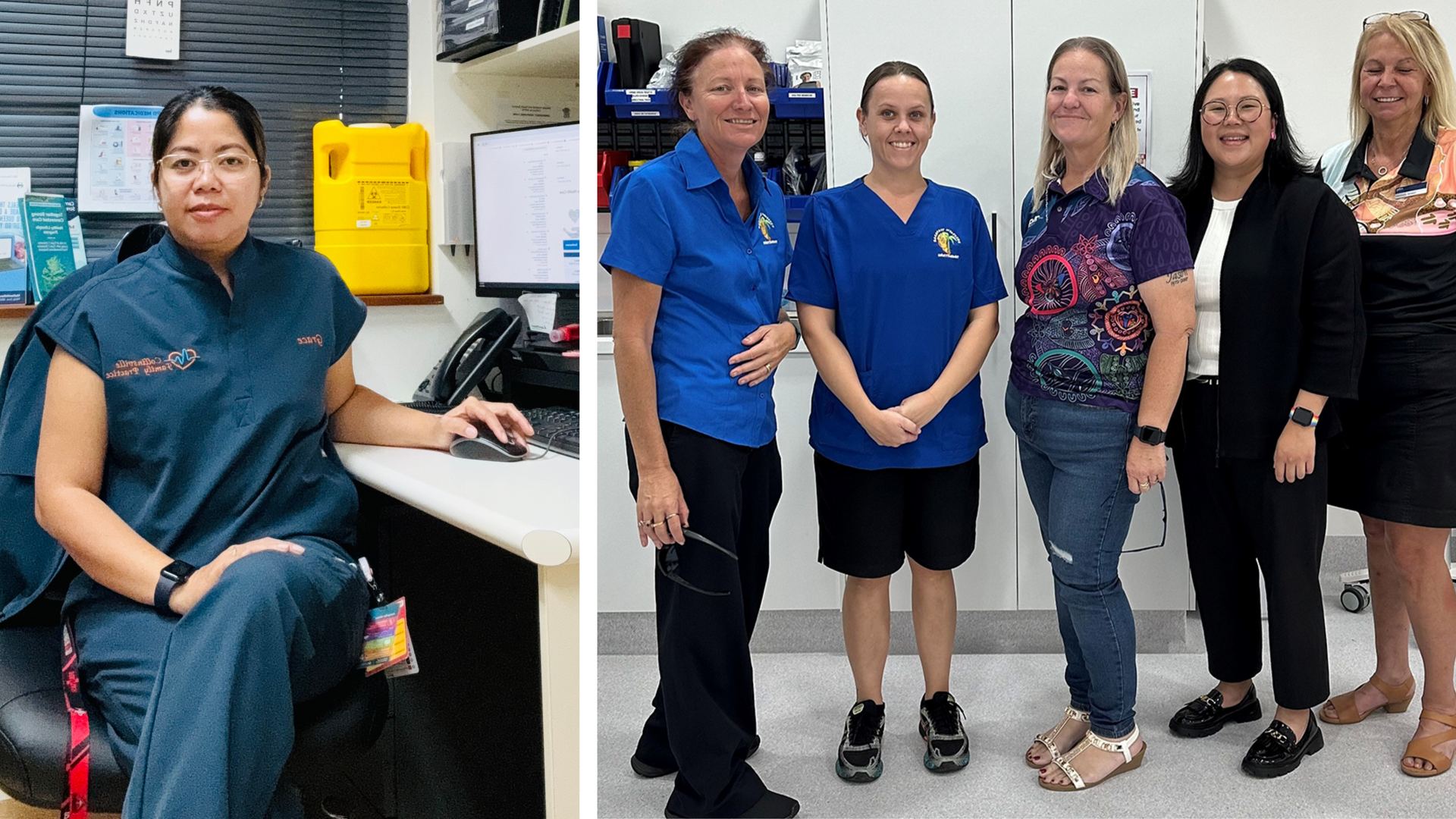Resident Medical Officer Dr Baylie Fletcher loves working and living in the small rural community of Tully where she is a GP.
Meet Dr Baylie Fletcher
New general practitioner joins Tully Medical Centre team
In a small country town with a shortage of general practitioners (GPs) and other health professionals, a beacon of hope has emerged.
The Tully Medical Centre has a new doctor. Resident Medical Officer Dr Baylie Fletcher now calls Tully home, and she intends to stay.
She simply loves working and living in the small rural community.
For the past three years, Northern Queensland Primary Health Network (NQPHN), in partnership with Health Workforce Queensland, has funded the Rural Workforce Enhancement Program, which provides incentive packages and other incentives to attract GPs and health professionals to rural and remote areas to help address health professional shortages.
Support is available for domestic relocation travel, rental assistance, continuing professional development registration costs, travel, and accommodation, and professional memberships, among other things, for 12 months.
This year, NQPHN extended the program from allied health professionals to all primary care professionals in the NQPHN catchment area, including GPs, with further incentives to attract GPs to the areas with the most critical needs, such as Tully.
Dr Fletcher was able to move to North Queensland and join the Tully Medical Centre with help from a support package through the program.
“Working in this position has been incredible and Tully is a beautiful little town with plenty to do and outstanding sceneries,” she said.
“The incentives associated with the role were an added bonus.
“I think the program is a great idea, particularly in times like now when there are workforce shortages and spots to be filled. I am so grateful for the opportunities that have come from this program and to everyone for their support and making this happen.”
Embracing the community and work has already fostered a deep sense of connection and fulfillment for Dr Fletcher.
“The best aspects of my work include the variety, the constant learning, and the sense comradery that comes with this environment,” she said.
“My aim is to now get on to the Royal Australian College of General Practitioners (RACGP) program and ideally continue at Tully Medical Centre. I intend to stay in Tully for as long as I can, until I am required to move as part of training.”
Health Workforce Queensland Health Workforce Solutions Team Leader Sandra Bukumirovic said making the move to rural North Queensland might be the best decision health professionals could make to progress their career.
“Jobs are challenging, but rewarding, and offer health professionals a variety of presentations in addition to ongoing on-the-job learning, which would ultimately lead to career progression,” Ms Bukumirovic said.
“Rural communities offer a sense of belonging and have the utmost appreciation for the health professionals who look after their health care needs.”
Dr Fletcher agrees, and said the greatest gift was when people wanted to become a regular patient.
“This means so much to me and makes me so grateful for the opportunity that I have to make a difference in someone’s life. This is the beauty of GP work,” she said.
“The main challenge, and it is a good challenge, is related to the new conditions and questions that patients are presenting with day to day, some of which I have not had to deal with working in a hospital.”
And as for living in the bush, there’s no place Dr Fletcher would rather be.
“There is plenty to do around Tully and surrounding area, and another perk about Tully is that every single person I have encountered so far has been so welcoming,” she said.
“This includes people from the local IGA, the bakery where I get my morning coffee, the people I work with, and the patients coming into the clinic.”
Health Workforce Queensland employs a variety of attraction and sourcing strategies to match candidates to rewarding careers in North Queensland.
Eligible GP, allied health, and nursing recruits are supported with incentive packages to ease their transition into rural Queensland and help them settle into their new communities.
And there will be more GPs settling into rural and remote communities soon, according to Health Workforce Queensland.
“There are number of potential candidates in the pipeline for existing vacancies, and with the continuation of this valuable program, we expect to continue our support to North Queensland and ensure seamless recruitment processes and relocation of rural health professionals to this beautiful part of the world,” Ms Bukumirovic said.
“The feedback we have received from program recipients has been very positive and the financial support has been appreciated.”
Dr Fletcher said she would recommend the program to other primary and allied health care professionals.
“It is a great way to see and work in a new place, and everyone involved is so helpful and do anything to make the experience go as smoothly as possible from day one,” she said.
Dr Fletcher thanked Tully Medical Centre practice owner and supervisor Dr Kim Favier, and practice managers Deb Boyd and Maria Crema, Health Workforce Queensland regional coordinator Caro Finlay, and More Doctors for Rural Australia Program (MDRAP) coordinator Rachel Patterson, and Michael Jones who constructed her new office.
“All of the doctors, nurses, and admin staff at Tully Medical Centre have been nothing short of welcoming and made this entire transition very enjoyable,” she said.
Health Workforce Queensland, in partnership with NQPHN, is working to build a sustainable health workforce through the recruitment and retention of general practitioners, nurses, and allied health professionals.
More information about the program can be found at www.healthworkforce.com.au/rural-workforce-enhancement-campaign






